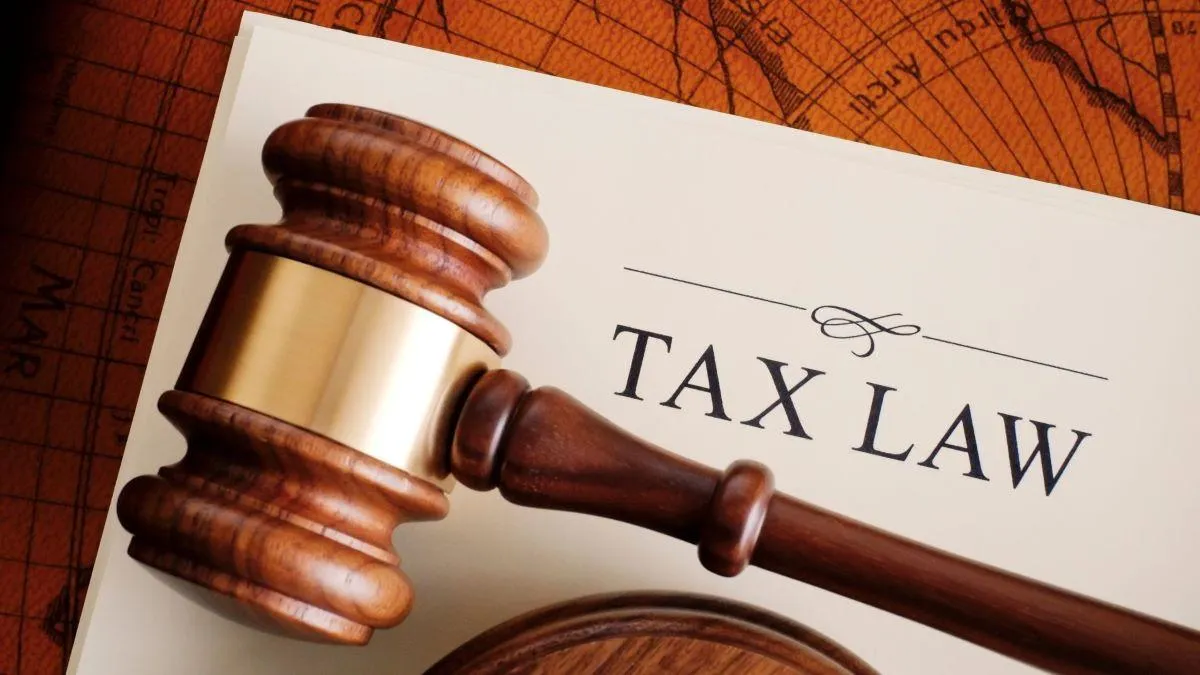Sales tax is not governed at the federal level, so each state can do what they want about it. Currently, 47 states impose sales tax legislation and businesses have to analyse their activity in each one individually to understand their obligations.
Most states created their sales tax laws in the olden days, before Amazon, crypto and the multiverse. In fact, most legislation was written before the internet existed and in some states, the latest law pre-dates the computer! This means either states have had to update their legislation to govern the digital economy, or businesses have to analyse their tax obligations in the context of archaic laws.
First Things First, What Is A Digital Good?
A digital good refers to a product that is delivered and consumed in a digital format, often over the internet. Unlike physical goods, digital goods do not have a tangible form and can typically be accessed or downloaded electronically. Here are some common examples:
- Software: Applications and programs, whether downloaded or accessed as Software as a Service (SaaS).
- E-books: Digital versions of books that can be read on devices like e-readers, tablets, or computers.
- Music and audio files: Digital audio files, including songs, albums, and podcasts.
- Videos and movies: Films, documentaries, and other video content available for streaming or download.
- Digital art and graphics: Images, illustrations, and other visual content that can be downloaded or licensed for use.
- Online courses and educational materials: Digital content that includes videos, quizzes, and resources for learning.
- Gaming content: Digital versions of video games, downloadable content (DLC), and in-game purchases.
- Subscriptions: Access to digital services, such as streaming platforms (like Netflix or Spotify), membership sites, and cloud storage services.
- Web-based services: Services provided online, such as cloud computing resources, online storage, and digital marketing tools.
What Makes Digital Goods Taxable?
The digital economy has made this even more complicated. It is now possible to sell millions of dollars of “product” across the US with no physical footprint. So-called Digital Products have created a big challenge for US states that want their piece of the pie, so most have updated their laws (or at least their interpretation thereof) to include virtual goods and services.
Therefore, even if you have no physical connection to a state, if local consumers download, subscribe to, purchase or access your digital products, you might have sales tax obligations. States have the option to include Digital Products in the economic nexus calculation, and at the time of writing, 35 of the 47 states that have sales tax have confirmed that some Digital Products are taxable and subject to nexus assessment.
A very complex and difficult product to deal with is “Audio-visual Digital Content” (we use this term to refer to things like videos, music and events that are made available online). The most difficult one to analyse is content streaming: consumers now pay to watch movies, concerts and even webinars online and therefore the tax man wants his share of that revenue.
Because of the way sales tax laws are written, the determining factor is often not the product itself, but how it is paid for and accessed by the user. Is the content streamed on-demand or live? Can the user download it or it is accessible in the Cloud? Do they subscribe to the content or pay for it once?
There are many more considerations, and there are 35 states (and counting) to consider.
State-Specific Differences For Sales Tax On Digital Goods
When it comes to taxing digital goods, not all states play by the same rules. For instance, New York considers most digital downloads taxable, while California has specific exemptions for certain educational materials. Texas, on the other hand, taxes software as a service (SaaS) but does not tax digital content streaming. Understanding these differences is crucial for businesses selling digital products to ensure compliance.
Different types of digital products may have varying tax implications. For example:
- Downloadable content: Typically taxed in many states, but some may offer exemptions.
- Streaming services: Often considered taxable, but the taxability may depend on whether it’s live or on-demand content.
- Software as a Service (SaaS): Generally taxable in many jurisdictions, with specific rules in states like New York and California.
Wrapping Up
The point is, it’s hard. And once you have solved the mystery of whether your streamed product is taxable, there are at least 20 different sets of tax rules to understand and comply with. If you have customers in these states and your sales number creates economic nexus, you will need to register and comply with the sales tax laws.
You’ll need some help. Consulting sales tax experts and leveraging sales tax software can provide valuable support in navigating these complex regulations.
The information in this article is true to the best of our knowledge at the time of writing, but sales tax regulations can change very quickly. You should always consult a tax professional for legal advice.
